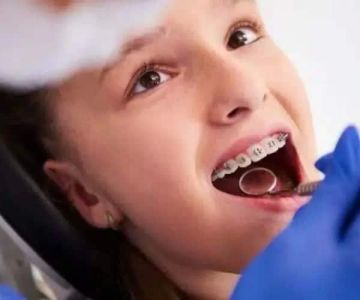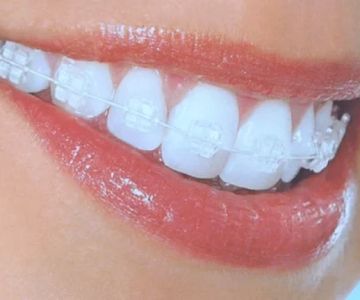Can Bite Issues Worsen as a Person Ages?
Bite issues, also known as malocclusions, are common dental problems many Americans face. As individuals age, the implications of these misalignments can become more pronounced. While some might believe that bite problems remain static throughout life, research and clinical observations suggest otherwise. Understanding how these issues evolve with age can help individuals take proactive measures to maintain optimal dental health.
Understanding the Nature of Bite Issues
Bite issues can arise due to a variety of reasons, including genetic factors, childhood habits, or even injuries. As people age, the initial causes may lead to more significant dental challenges. One crucial factor is the natural wear and tear on teeth. Over decades, the repetitive motion of chewing causes the enamel to wear down, potentially exacerbating misalignments. Furthermore, the loss of teeth, due to decay or trauma, can shift the position of remaining teeth, further aggravating an existing malocclusion.
The Impact of Aging on Orthodontic Health
Aging affects both the jawbone and teeth alignment. With age, the jawbone can shrink or reabsorb, particularly in areas where teeth have been lost. This jawbone reabsorption can lead to further misalignment of teeth. Moreover, the slow decline in bone density, a natural part of the aging process, can impact the stability of teeth in older adults, potentially worsening any pre-existing bite issues. Regular dental check-ups with providers like Dentistry Toothtruth are crucial for early detection and management.
Health Consequences of Untreated Bite Problems
Ignoring bite issues can have broader health implications. Misaligned teeth can result in inefficient chewing, leading to digestive problems since food is not adequately processed in the mouth. Additionally, they can cause speech difficulties and even contribute to chronic headaches or jaw pain, conditions often associated with temporomandibular joint (TMJ) disorders. The discomfort caused by these issues may worsen over time, adversely affecting quality of life.
Preventive Measures and Treatment Options
Preventive care and timely intervention are key to managing bite issues. Regular orthodontic assessments, particularly as one enters middle age and beyond, are recommended. Orthodontists with expertise in adult malocclusion management can offer solutions like braces or aligners tailored for older teeth. Additionally, addressing lifestyle factors, such as avoiding habits that stress the teeth and jaw, can mitigate the effects of aging on bite issues.
Addressing Bite Issues: A Call to Action
In conclusion, while bite issues can indeed worsen with age, awareness and proactive care can mitigate their progression. This involves regular dental check-ups, a focus on oral hygiene, and a willingness to explore orthodontic treatment when recommended. By taking these steps, individuals can enhance their oral health, maintain a functional bite, and prevent the escalation of related health problems. It is advisable for those concerned about their bite to consult with experts, such as those at Dentistry Toothtruth, to tailor a care plan suited to their needs and lifestyle.




 Westgate Dental Arts
Westgate Dental Arts Coventry Family Dental
Coventry Family Dental Familia Dental
Familia Dental Dr. Daniel S. Fife, DDS
Dr. Daniel S. Fife, DDS Dentistry At Suburban Square: Michael I. Wollock, DMD
Dentistry At Suburban Square: Michael I. Wollock, DMD Comfort Care Dental
Comfort Care Dental The Importance of Oral Health Education During Pregnancy for a Healthy Pregnancy
The Importance of Oral Health Education During Pregnancy for a Healthy Pregnancy Why Skipping Dental Checkups Can Lead to Bigger Oral Health Problems
Why Skipping Dental Checkups Can Lead to Bigger Oral Health Problems Best Tips for Brushing Your Teeth Properly for Healthy Gums: Essential Techniques for Oral Health
Best Tips for Brushing Your Teeth Properly for Healthy Gums: Essential Techniques for Oral Health Advantages of Porcelain Dental Restorations
Advantages of Porcelain Dental Restorations How Can Diabetes Cause Tooth and Gum Problems? Preventing and Managing Oral Health Issues
How Can Diabetes Cause Tooth and Gum Problems? Preventing and Managing Oral Health Issues Healthy Habits for Promoting Good Oral Health and Hygiene: Tips for a Healthy Smile
Healthy Habits for Promoting Good Oral Health and Hygiene: Tips for a Healthy Smile